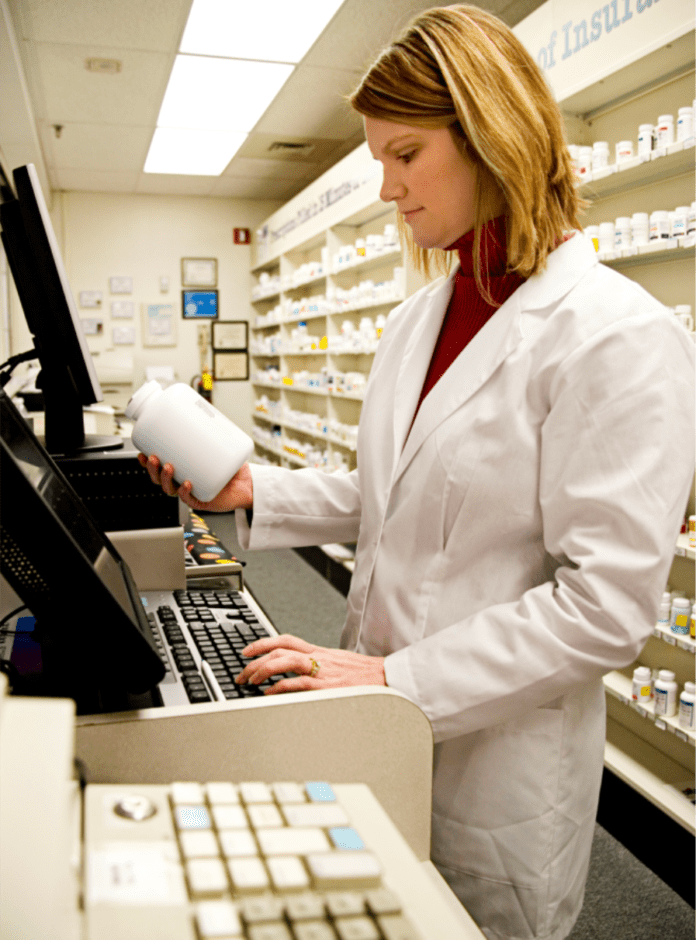CCE-HS101: CPR First Aid AED, 0.8 CEUs
8 hours lecture with lab
CIP Code 51.000
You will learn how to recognize and provide basic treatment for medical conditions like allergic reactions, asthma, stroke, seizures, and cardiac arrest. You will also learn how to recognize and treat major bleeding, neck injuries, head injuries, broken bones, cuts, and bruises. How to recognize and treat heat-related incidents and loss of consciousness. We will incorporate adult, child, and infant CPR, and the use of an Automated External Defibrillator (AED), while using a barrier device.
CCE-HS102: CPR First Aid AED with Scenarios, 0.8 CEUs
8 hours lecture with lab
CIP Code 51.000
You will learn how to recognize and provide basic treatment for medical conditions like allergic reactions, asthma, stroke, seizures, and cardiac arrest. You will also learn how to recognize and treat major bleeding, neck injuries, head injuries, broken bones, cuts, and bruises. How to recognize and treat heat-related incidents and loss of consciousness. We will incorporate adult, child, and infant CPR, and the use of an Automated External Defibrillator (AED), while using a barrier device.
Real-life scenarios will be conducted with all class and instructor participation.
CCE-HS107: Heartsaver CPR& AED, 0.4 CEUs
4 hours Lecture
CIP Code 51.000
This course is for anyone with limited or no medical experience who wants training in American Heart Association (AHA) CPR and AED. Heartsaver® CPR & AED is a classroom, video-based, instructor-led course that teaches adult CPR and AED use, as well as how to relieve choking on adults. This course teaches skills with AHA’s research-proven Practice-While-Watching (PWW) technique, which allows instructors to observe the students, provide feedback and guide the students’ learning of skills. Upon completion of this course, participants will receive an American Heart Association Heartsaver CPR & AED Course Completion Card, which is valid for two years.
This is a 14-week online Pharmacy Technician course. The need for Pharmacy Technicians continues to grow with demand expected to increase substantially through 2020. Approximately 420,000 technicians were employed in 2018. Employment of Pharmacy Technicians has 7% growth projection each year through 2028.

This program will prepare students to enter the pharmacy field and to pursue national certification.
Technicians work under the supervision of a registered pharmacist in hospitals, home infusion pharmacies, community pharmacies, and other healthcare settings. This high demand for pharmacy technicians is the result of a multitude of factors including the constant availability of new drugs, the national shortage of registered pharmacists, and the aging population.
The Pharmacy Technician Program covers the following key areas and topics:
CCE-PT101: Pharmacy Technician, 5.0 CEUs
50 hours lecture
CIP Code 51.0805
This course covers processes necessary to assist pharmacists to package or mix prescriptions, maintain client records, refer clients to the pharmacist for counseling, assist with inventory control and purchasing, along with payment collection and coordinating billing. The students will gain exposure to learning 200 base medicines and ingredients along with interactions and side effects. The course goal is to prepare students to sit for and pass the Arkansas Pharmacy Tech licensure exam.
CCE-PT102: Pharmacy Technician National Certification Review, 0.4 CEUs
4 hours Lecture
CIP Code 51.0805
This course serves as a review class for current pharmacy technicians who would like to take the PTCB certification test. This course brings together all program instruction for Pharmacy Technicians and explains how it relates to the current practice of pharmacy
CCE-SS101: ServSafe Food Safety Training, 0.8 CEUs
8 hours Lecture
This training and assessment program is a complete solution to deliver consistent food safety training to employees. ServSafe® Food Safety covers five key areas: